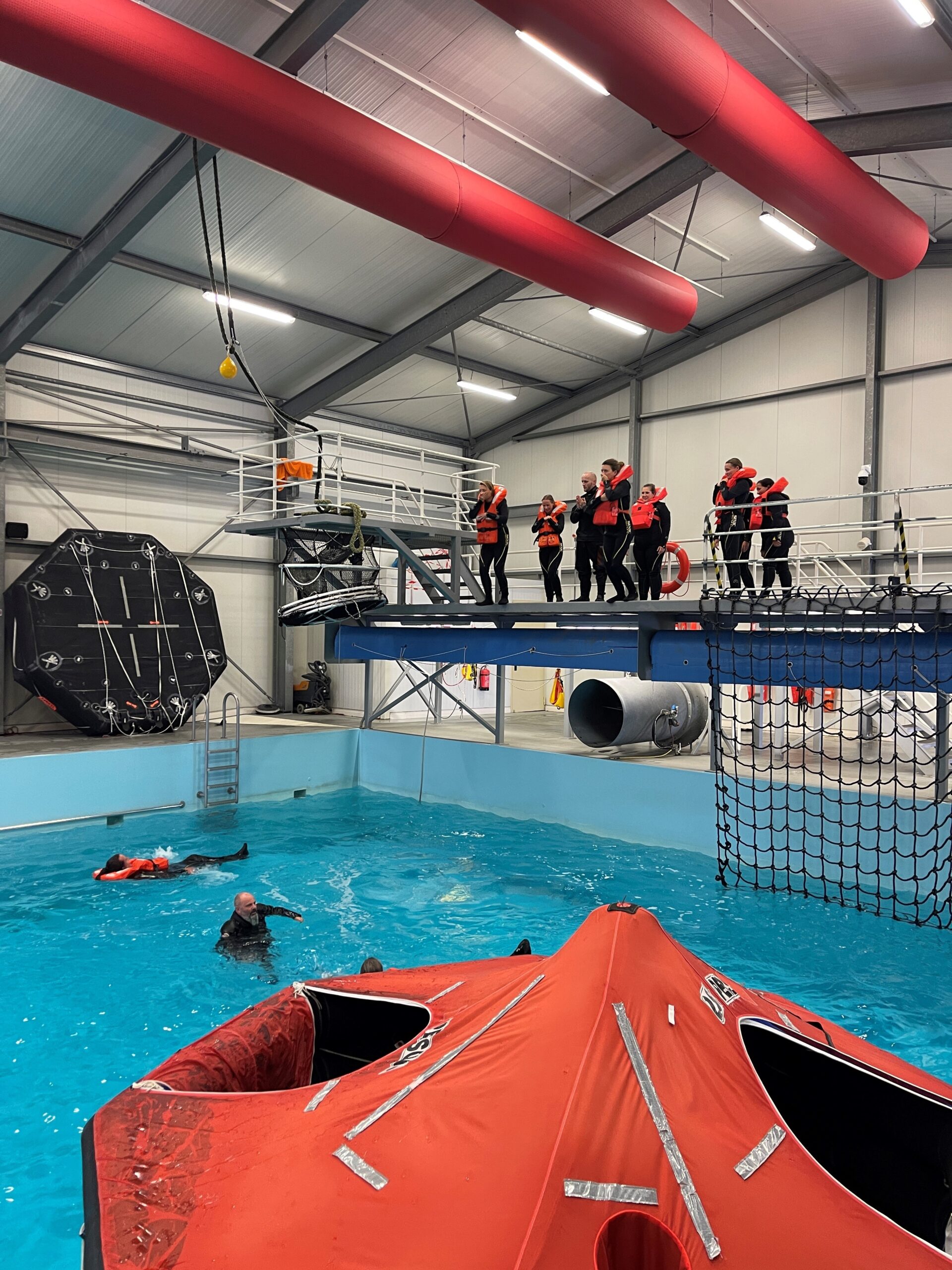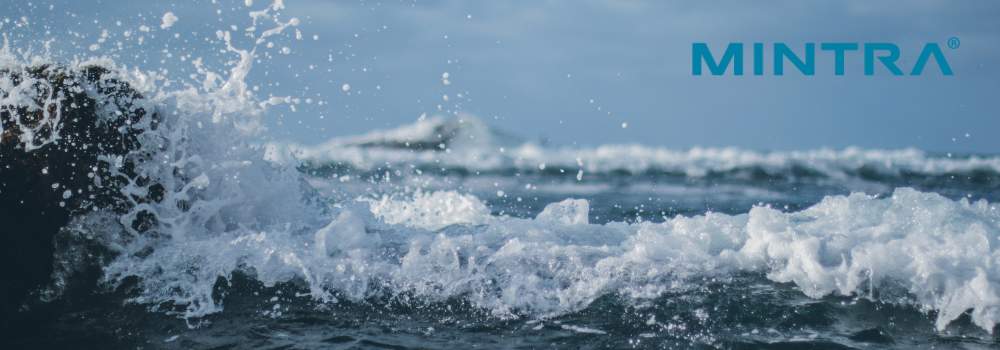In the face of unprecedented challenges and the need for rapid evolution, the maritime industry stands at a critical juncture. That is why I believe it is also time to reflect on the journey thus far to help prepare for the challenges and opportunities that lie ahead. With over two decades of experience in various capacities within the maritime sector, I have witnessed firsthand the transformative impact of technology on training and career progression for seafarers.

My career commenced two decades ago as a crew manager, where my responsibilities encompassed crew welfare, training, and operational efficiency. Over the years, I transitioned to roles within technology companies focused on developing cutting-edge training solutions for the maritime industry. This unique blend of industry knowledge and technological expertise has provided me with invaluable insights into the changing landscape of maritime training.
One of the most notable trends shaping the future of maritime training is the shift towards digital training platforms. The accessibility and convenience offered by online training materials have revolutionised learning for seafarers, empowering them with a wealth of knowledge at their fingertips. From YouTube tutorials to immersive online simulators, seafarers now have unprecedented access to training resources, enhancing their skills and proficiency on board.
However, the abundance of online training also underscores the importance of structured competence frameworks. Gone are the days when minimum training requirements suffice; today’s crew managers must ensure seafarers have the necessary skills to excel in their roles and progress in their careers. Competence management has emerged as a critical component of crew development, necessitating collaboration between industry stakeholders to establish comprehensive training frameworks.
Collaboration lies at the heart of effective training solutions, as evidenced by partnerships between training providers and equipment manufacturers. By aligning training programs with the specific requirements of onboard equipment, companies can streamline training processes and ensure compliance with industry standards. This collaborative approach enhances efficiency and fosters a culture of continuous learning and improvement within the maritime workforce.
As we start the transition towards immersive learning technologies, it’s essential to consider the diverse needs of seafarers across different age groups. While younger generations may embrace new learning methodologies more readily, older seafarers require support and guidance to adapt to evolving training paradigms. The key lies in striking a balance between innovation and inclusivity, ensuring that training solutions cater to the needs of all seafarers, regardless of age or experience.
A continued challenge for a crewing department is always having the “right competent crew at the right place at the right time! A proper competence management system will certainly help!
When implementing a competence framework and not only focusing on training per rank but including all special competence elements that each of the crew holds, the HR manager will at all times have a complete overview in one place of the skills the seafarer has. This will save time and effort for the crewing manager, who will not have to keep different systems/sources and sheets updated. They will have a consolidated competence management system for all skills/competencies needed. It will be very easy for the crew manager to identify any gaps in skills and plan accordingly.
Even onboard, the captain will be able to access the same competence management system, which contains the full competence framework and status of the crew. It will also be much easier to report on competence compliance during onboard inspections, saving administration/time. The competence system will also allow for the assessment of knowledge by superiors and the reporting of feedback for the crew in the same system.

The crew will always have a complete overview of their skills and what is still needed to sail on a specific type of vessel or reach a specific rank or role. They will take more ownership, understand the competence level they should achieve and take the necessary training to develop their careers.
Looking ahead, competency management will play a pivotal role in shaping the future of maritime training. By prioritising skills development and proficiency over mere compliance with minimum standards, companies can empower seafarers to excel in an increasingly intricate operational and changing landscape. As we start this journey towards cultivating a more agile and skilled maritime workforce, collaboration, innovation and inclusivity will serve as our guiding principles.
My final thoughts are that I believe the future of maritime training holds immense promise, driven by technological innovation and a commitment to excellence. By harnessing the collective expertise of industry stakeholders and embracing emerging training methodologies, we can confidently embrace the change and move forward to a brighter future for the maritime industry.
By Jorunn Eldøy, Sales Director Maritime at Mintra

